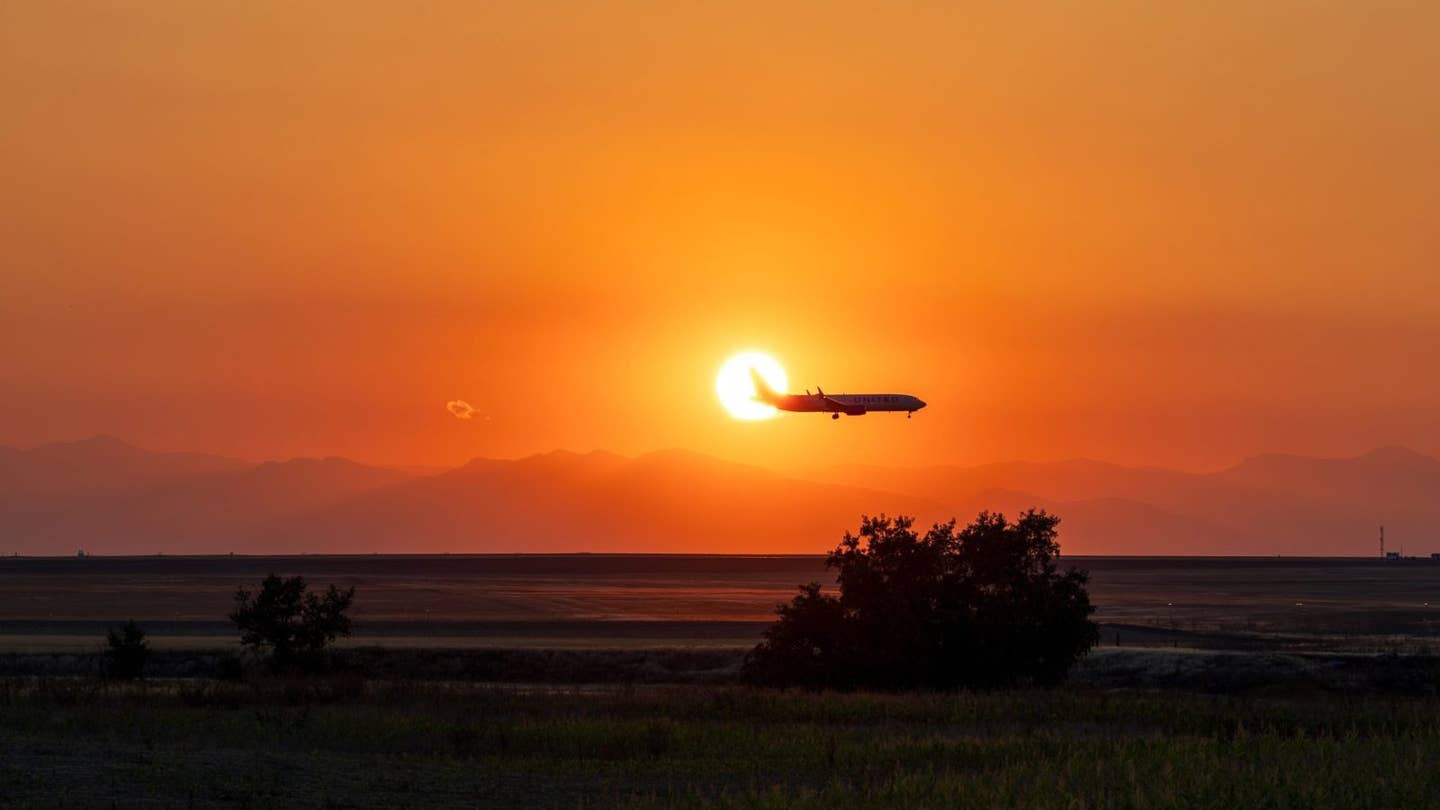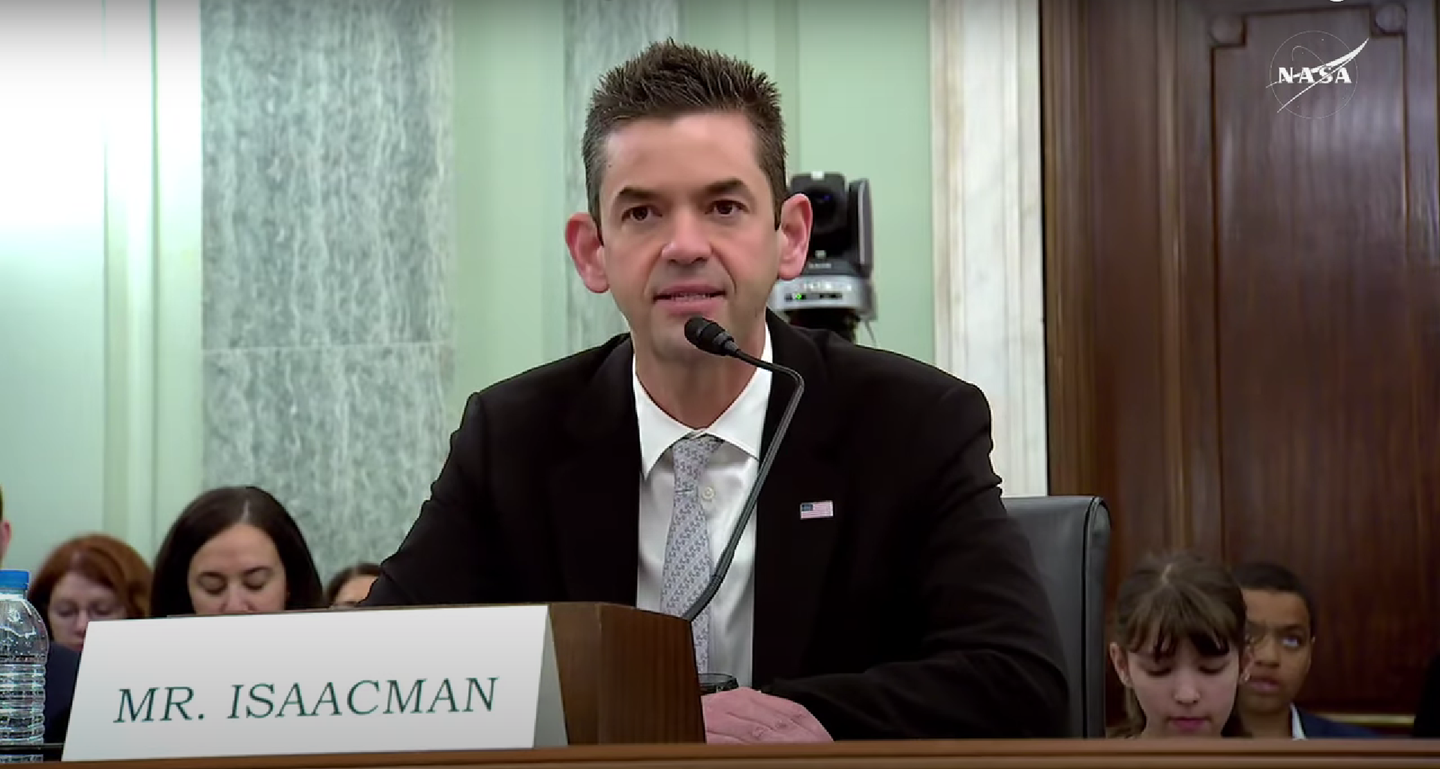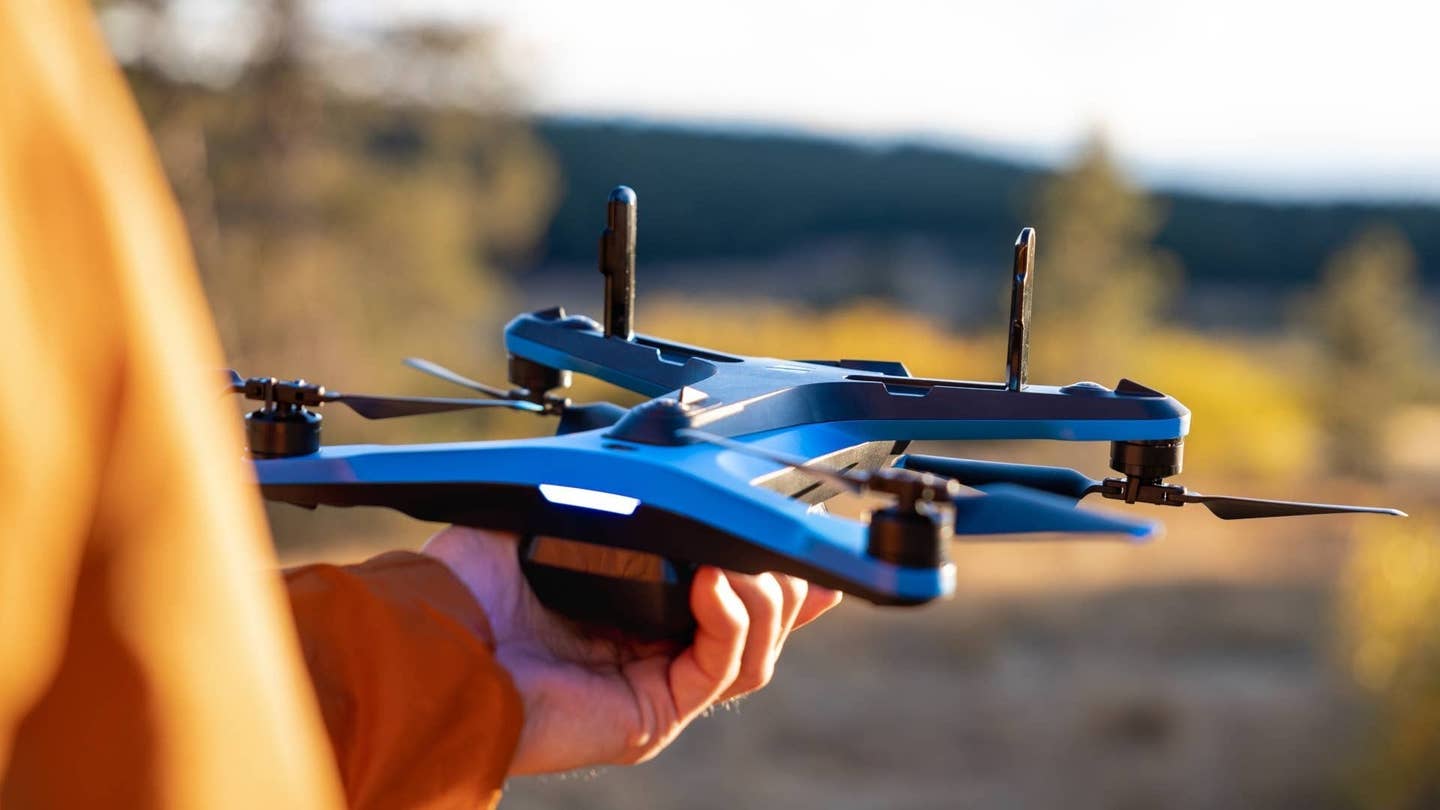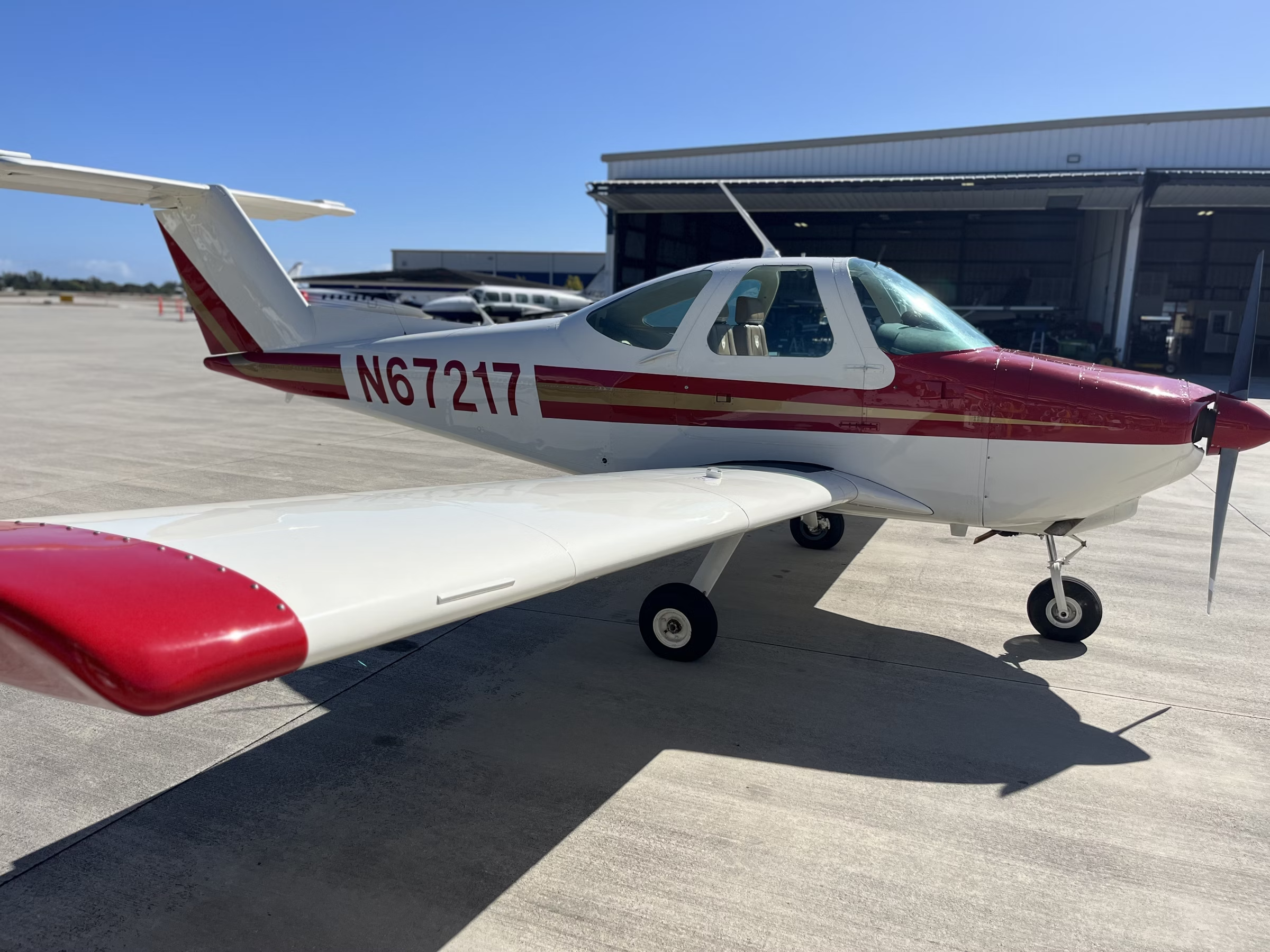SpaceX Starship Launch Delay ‘Necessary,’ FAA Administrator Tells Congress
Agency leader Mike Whitaker fields questions about the delayed fifth flight of SpaceX’s massive Starship rocket.

SpaceX’s Starship rocket lifts off for its third suborbital test flight on March 14. [Courtesy: SpaceX]
FAA Administrator Mike Whitaker was put in the hot seat on Tuesday as he fielded questions from Representative Kevin Kiley (R-Calif.), a member of the House Transportation and Infrastructure Committee’s subcommittee on aviation, regarding the delayed fifth flight of SpaceX’s Starship rocket.
During a committee hearing focused on FAA oversight of Boeing amid the manufacturer’s recent safety woes, Kiley squeezed in a few questions about Starship, which according to SpaceX has been bogged down by licensing issues “ranging from the frivolous to the patently absurd.”
“America is being smothered by legions of regulators, often inept & politically-driven,” SpaceX CEO Elon Musk said in a post on X on Thursday.
The largest rocket ever built, Starship so far has made four suborbital test flights. SpaceX will attempt a unique maneuver during Flight 5, using a pair of “chopstick” arms to catch the rocket’s Super Heavy booster in midair. But while Musk had hoped to launch this month, the FAA told the company its license would be ready no earlier than late November.
“I think the two-month delay is necessary to comply with the launch requirements, and I think that’s an important part of safety culture,” Whitaker said.
According to the FAA leader, SpaceX has failed to provide a sonic boom analysis for the upcoming mission, which will have a larger sonic boom radius than previous flights. That brought a 30-day delay to give the FAA time to consult with the U.S. Fish and Wildlife Service (USFWS). Whitaker said the analysis is “safety related.”
Starship faces further delays because SpaceX filed a launch application without disclosing it was in violation of Texas law, Whitaker said. The Environmental Protection Agency earlier this month told FLYING the company violated the Clean Water Act by failing to contain a liquid oxygen spill at its Starbase launchpad, prompting a $150,000 fine. SpaceX denied that it violated any laws at Starbase but ate the fine to avoid any consequences.
SpaceX also faces more than $630,000 in proposed fines from the FAA for allegedly failing to adhere to launch requirements on two previous missions. Whitaker said the fines are unrelated to the Flight 5 setback, but the agency claims the company’s unauthorized use of a new control room and fuel farm raised safety concerns. Musk, in response, said SpaceX will fight the penalties in court.
“I think safety is in the public interest, and that’s our priority focus with the proposed civil penalty,” Whitaker said, adding that fines are the “only tool” the FAA has to ensure compliance.
When asked how SpaceX could speed up the licensing process, the administrator responded, “Complying with the regulations would be the best path.”
SpaceX, however, did not take kindly to Whitaker’s comments. The company on Tuesday sent a letter to Kiley claiming that Whitaker “made several incorrect statements today regarding SpaceX,” bringing the feud between the company and the agency further into the public eye.
“In fact,” the company wrote, “every statement he made was incorrect.”
Whitaker twice said SpaceX “launched without a permit,” which as the company pointed out is not true. As the FAA notes, the firm faces penalties for “allegedly failing to follow its license requirements,” necessitating the existence of a license.
The company claimed its new fuel farm was approved by Federal Range Safety officials and analyzed by the FAA, which “required no changes to the previously approved Federal Range configuration.” The agency additionally “was on console and did not stop the countdown” for that launch, SpaceX said.
The firm further alleged that the revised sonic boom analysis for Flight 5 “has nothing to do with safety” and is a simple paperwork issue. It said USFWS officials previously determined the booms have no environmental impact and that the slightly larger impact area won’t change things.
“SpaceX submitted new information in mid-August detailing how the environmental impact of Flight 5 will cover a larger area than previously reviewed,” the FAA told FLYING earlier this month. “This requires the FAA to consult with other agencies.”
The agency did not immediately respond to FLYING’s request for comment on SpaceX’s letter to Kiley.
SpaceX has grand ambitions for Starship, with Musk earlier this week saying it would begin routine missions to Mars within two years. The company argues that scrutiny from the FAA is not in the public interest, and delaying Flight 5 due to what it believes is not a safety issue could hurt U.S. leadership in human spaceflight.
Kiley agreed, asking whether the FAA “needs to be reformed in a way that is better suited toward the type of innovation that we should be moving toward in the commercial space industry.”
“I agree that this is a vital mission, and I think SpaceX has been a very innovative company,” Whitaker said. “But I think they’re also a mature company. They’ve been around 20 years, and I think they need to operate at the highest level of safety, and that includes adopting a [safety management system] program. That includes having a whistleblower program.”
Like this story? We think you'll also like the Future of FLYING newsletter sent every Thursday afternoon. Sign up now.

Sign-up for newsletters & special offers!
Get the latest FLYING stories & special offers delivered directly to your inbox






